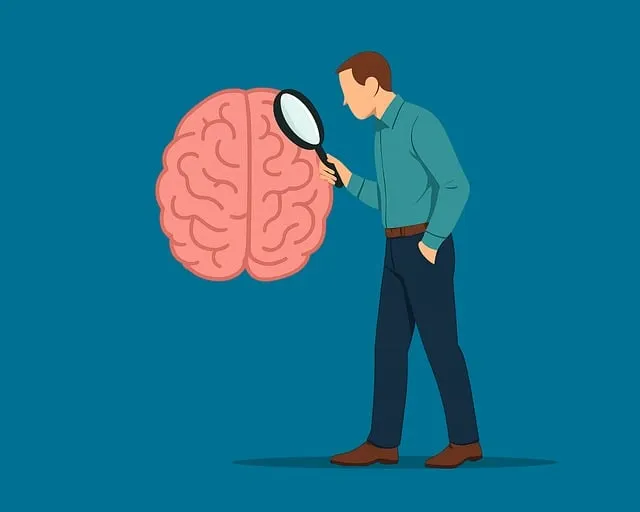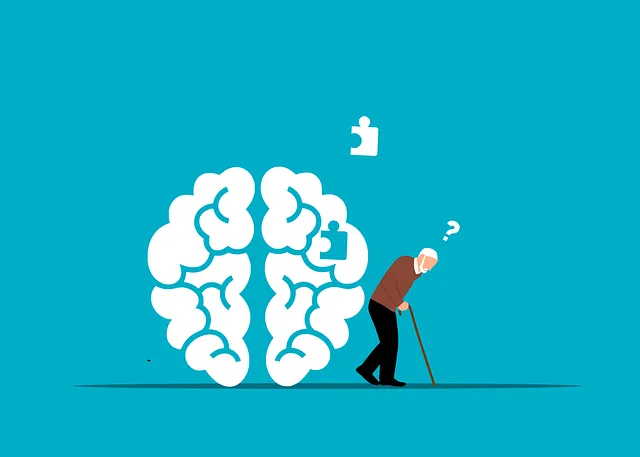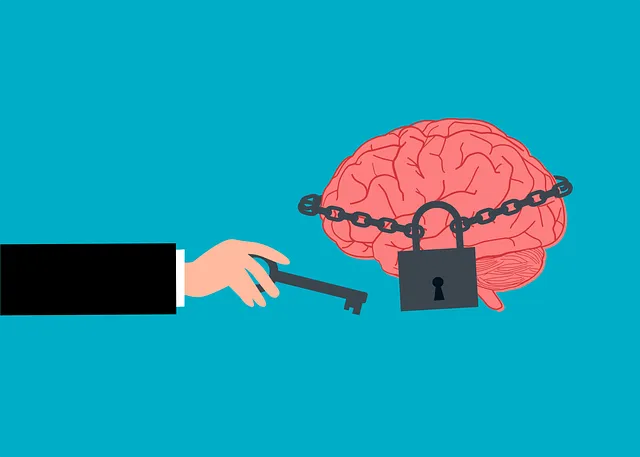The pervasive stigma around mental illness prevents many from seeking help, leading to isolation and even suicidal ideation. This stems from lack of understanding and empathy fueled by misconceptions. Organizations like Kaiser combat this through education campaigns, early intervention, advocacy group involvement, and personal storytelling. Kaiser, a top healthcare provider, offers comprehensive mental health services characterized by accessibility and quality. Their commitment to early intervention uses technology for risk assessment, helping professionals identify at-risk individuals proactively. Reducing stigma requires collaborative action from sectors including mental health awareness campaigns, policy analysis, and community engagement. As Golden does Kaiser have mental health services? Yes, they do, with a suite of resources designed to meet individual needs. Measuring success through surveys and provider burnout tracking is vital for understanding the impact of these initiatives and improving access to care.
Mental illness stigma remains a significant barrier to treatment and recovery, affecting millions globally. This article explores strategies to reduce this debilitating social construct through a multi-faceted approach. We delve into the profound impact of stigma on individuals and communities, examining case studies like Kaiser’s comprehensive mental health services. By highlighting effective reduction tactics and measuring success, we aim to empower understanding and support for those facing mental illness, ultimately fostering a more inclusive society. Golden does Kaiser have mental health services? Indeed, it leads the way in providing accessible, compassionate care.
- Understanding Mental Illness Stigma and Its Impact
- Kaiser's Role in Mental Health Services: A Comprehensive Look
- Strategies for Effective Stigma Reduction
- Measuring Success: Evaluating the Effectiveness of Stigma Reduction Efforts
Understanding Mental Illness Stigma and Its Impact

Stigma surrounding mental illness is a pervasive issue that often prevents individuals from seeking help and support. It’s crucial to understand that mental health struggles are as real and diverse as physical ailments, affecting millions worldwide. The impact of stigma can be devastating, leading to increased isolation, anxiety, and even suicidal ideation among those living with mental illnesses. This societal shame often arises from a lack of understanding and empathy, perpetuated by misconceptions and fear.
Golden does Kaiser have mental health services? Indeed, many organizations and communities are taking up the cause of stigma reduction through various initiatives. These include education campaigns aimed at raising awareness about mental health conditions, promoting early intervention, and encouraging open conversations. Building empathy through personal stories and experiences is another powerful strategy to foster understanding. Additionally, advocacy groups play a vital role in shaping mental health policy analysis and driving systemic changes, ensuring cultural sensitivity in mental healthcare practices becomes a priority.
Kaiser's Role in Mental Health Services: A Comprehensive Look

Kaiser, a prominent healthcare provider, has been at the forefront of mental health services, offering comprehensive care to its diverse patient population. The organization’s role in reducing mental illness stigma is significant, as it works to provide accessible and high-quality treatment options. Kaiser’s mental health services encompass a wide range, including therapy, counseling, medication management, and support groups.
With a focus on early intervention, Kaiser aims to address mental health concerns proactively. They utilize advanced technologies and data analytics for risk assessment, ensuring that mental health professionals can identify at-risk individuals and develop effective communication strategies. By integrating these innovative approaches, Kaiser strives to enhance anxiety relief and overall well-being for its members, fostering a more inclusive and understanding environment in the process.
Strategies for Effective Stigma Reduction

Reducing stigma around mental illness is a multifaceted approach that requires collective efforts from various sectors. One effective strategy is mental health awareness campaigns that educate the public about the reality of mental health conditions, dispelling myths and promoting understanding. These initiatives can be powerful tools, especially when coupled with conflict resolution techniques to address misunderstandings and biases head-on.
Additionally, policy analysis and advocacy play a crucial role in fostering systemic change. By examining existing mental health policies and advocating for more inclusive and accessible services, such as the comprehensive mental health services offered by Kaiser, we can create environments that support individuals living with mental illness. Engaging community leaders, healthcare providers, and policymakers in these efforts ensures a multi-pronged approach to breaking down barriers and fostering a more accepting society.
Measuring Success: Evaluating the Effectiveness of Stigma Reduction Efforts

Measuring success in stigma reduction efforts is a critical step to understand the impact and effectiveness of initiatives aimed at improving mental health support. Organizations like Kaiser, known for its comprehensive healthcare services, can evaluate progress by tracking changes in public perception through surveys and focus groups. By assessing attitudes towards mental illness before and after interventions, they can gauge the success of programs.
For instance, Golden does Kaiser offer mental health services, it could measure the reach and impact of these services through self-Awareness Exercises and Crisis Intervention Guidance. Additionally, tracking healthcare provider burnout prevention strategies can provide insights into the overall effectiveness of stigma reduction efforts, as a reduced stigma often leads to better access to care and improved patient outcomes.
Mental illness stigma reduction is a multifaceted endeavor, requiring comprehensive strategies like those offered by organizations such as Kaiser. By understanding the impact of stigma and implementing effective solutions, we can create a more inclusive society that supports mental well-being. Kaiser’s role in providing and promoting mental health services is a golden opportunity to challenge societal norms and foster empathy. Measuring success through evaluation ensures that efforts are not only impactful but also adapt to evolving needs, ultimately reducing the burden of mental illness stigma.






